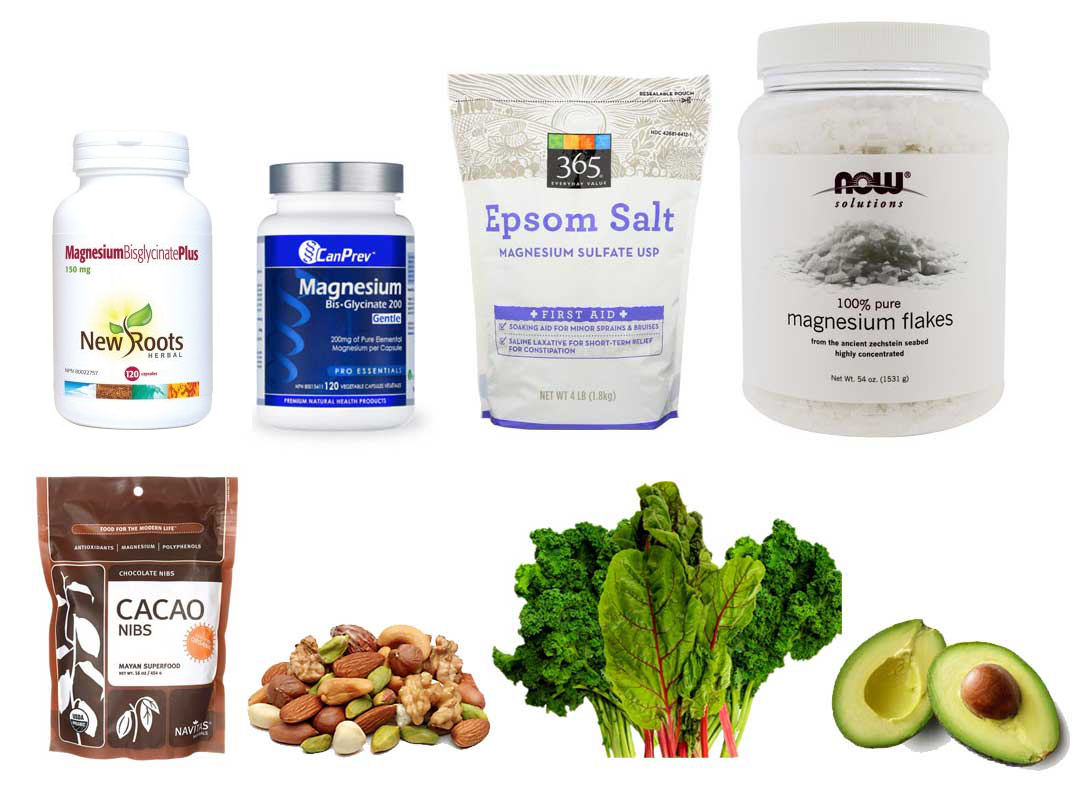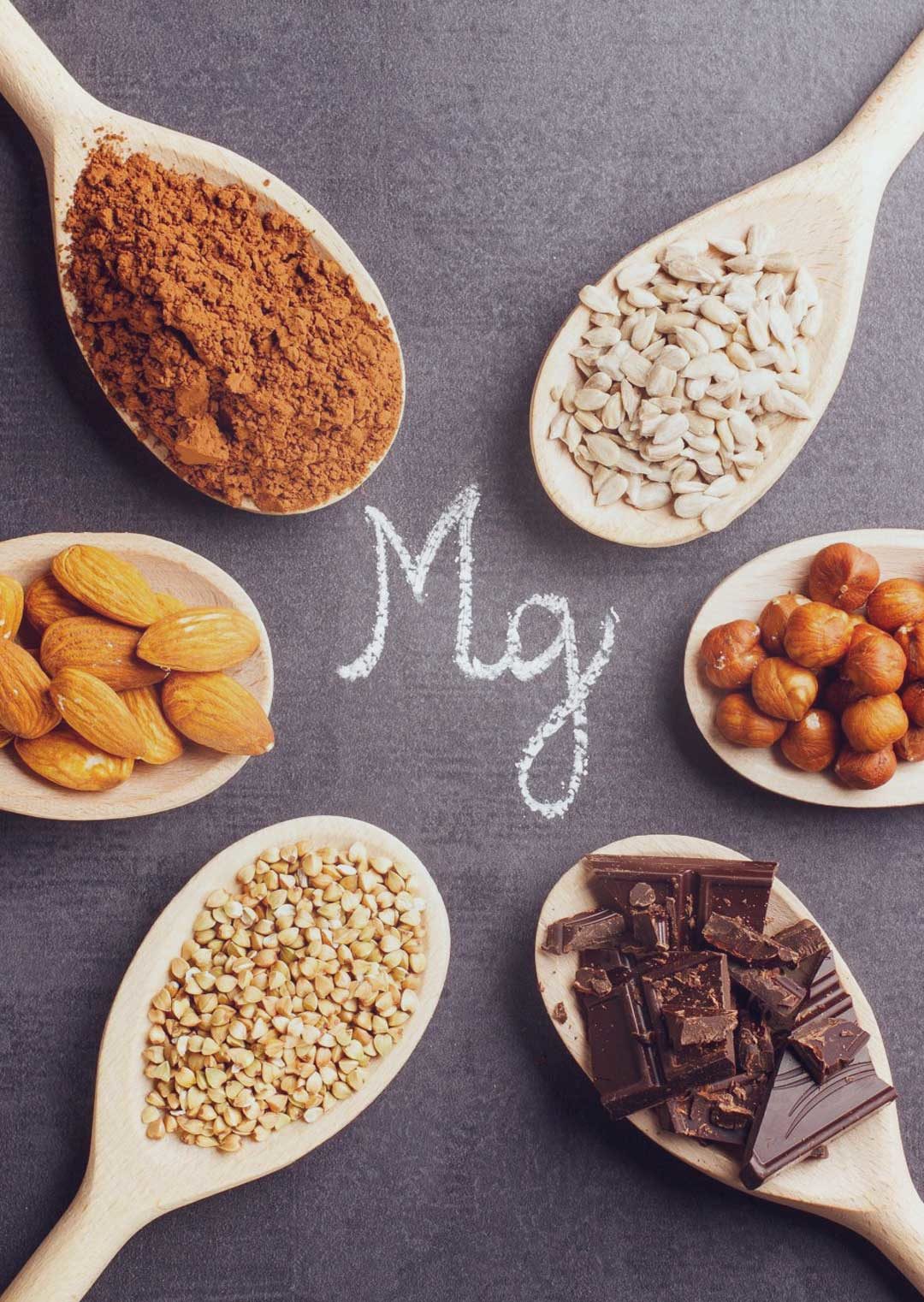OMg, like I totally need that!
While you’re bound to feel a little muscle soreness after pushing your limits, hard workouts don’t have to leave you hurting for days. The battle against sore muscles often means investing a lot time doing things like body rolling, Pilates, yoga, stretching and massage, to name a few; but have you tried adding Magnesium to that list?
Why you need magnesium
Magnesium is considered an electrolyte along with calcium, potassium, and sodium and it plays a key role in over 300 diverse biochemical reactions in the body, including helping your muscles to contract and relax. Magnesium is the fourth most abundant mineral in the body, yet 50–90% of people are deficient in this mineral due to factors such as medication use, poor dietary choices, soil depletion, stress and even cannabis use.
Common symptoms of magnesium deficiency
- Anxiety
- Depression
- Insomnia
- Behavioural disturbances
- Lethargy & fatigue
- Impaired memory/thinking
- Headaches
- Migraines
- Muscular pain and tension
- Muscle cramps
Magnesium for athletes
If you suffer from fatigue, aches in your body or the dreaded “charley horse” spasms, a magnesium supplement or topical magnesium such as magnesium oil or epsom salts could be just what you need.
ATP (adenosine triphosphate), often referred to as the energy currency of life is a special form of energy that our bodies use to power almost all activities. But in order for ATP to become usable, it must bind to a magnesium ion—making a magnesium deficiency seriously detrimental to athletic performance.
Magnesium for sleep
You turn off your screens, sip some chamomile tea, douse yourself in lavender oil and slip into bed with a good book…yet you’re still suffering from poor sleep. If this is you, consider Magnesium. When your body is tired but your mind is wired, there’s a good chance your body is craving magnesium. Magnesium can help regulate melatonin hormones, relax muscles, support nerves, calm feelings of nervousness and anxiety; helping you drift away into sweet dreams of bikes and fresh pow!
Magnesium for Depression, Anxiety, Adrenal Fatigue & PMS
Magnesium has been demonstrated to be an effective help for treating depression, likely related to being an important contributor in the synthesis of mood-regulating neurotransmitters serotonin and dopamine. Studies also show magnesium plays a role in calming anxiety and pms through its modulation of neuronal receptors, neurotransmitters, and hormonal activity within anxiety-related brain regions. For adrenal fatigue, magnesium helps to regulate cortisol levels, allowing for more balanced hormone production.
Sources of magnesium
I am a proponent of more whole foods and less supplements, but magnesium is one thing that’s harder to get solely through diet. When choosing a magnesium supplement, you’ll want to make sure that you’re choosing quality. There are also different types of magnesium—Magnesium glycinate is one of the best magnesium supplements, because it’s easily absorbed.
- Cacao Nibs
- Nuts and seeds (especially pumpkin seeds and almonds)
- Avocados
- Bananas
- Leafy greens such as spinach and chard
- Epsom salts (Epsom salt bath’s are the best way to absorb magnesium)
- Magnesium oil
- Magnesium powder and capsules (Preferably Magnesium Glycinate capsules)

Boil distilled water. Add the flakes to a bowl. Once the water is boiled, pour it into the bowl with the flakes. Stir until the flakes dissolve. Add lavender oil Pour the oil into a spray bottle or other container and allow to cool. To use: spray or lather on your skin Optional: Add some Arnica Oil for extra reliefHow to Make Topical Magnesium Oil
Print Recipe
Ingredients
Instructions
Notes





No Comments